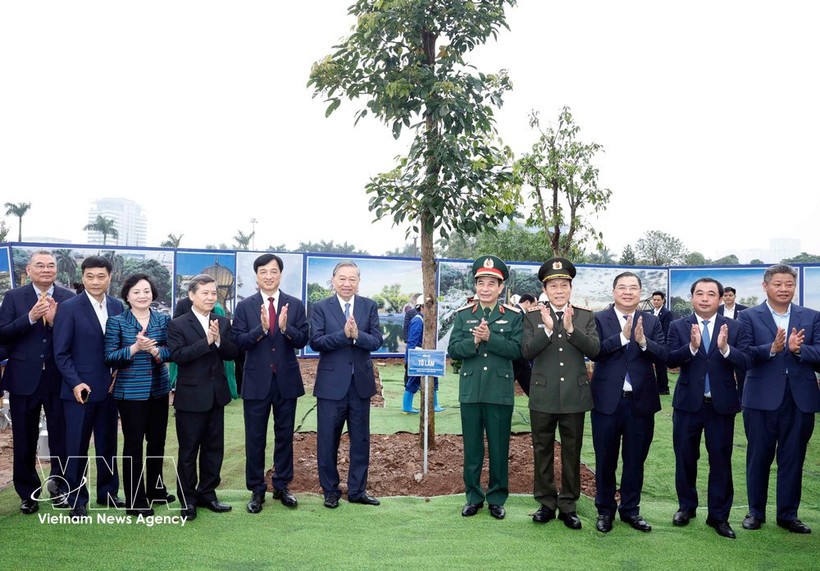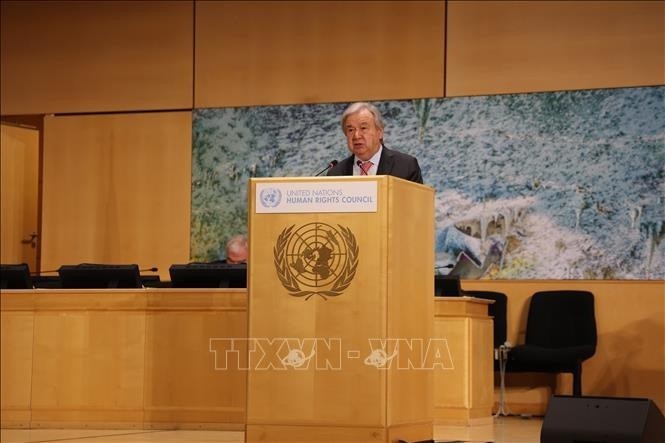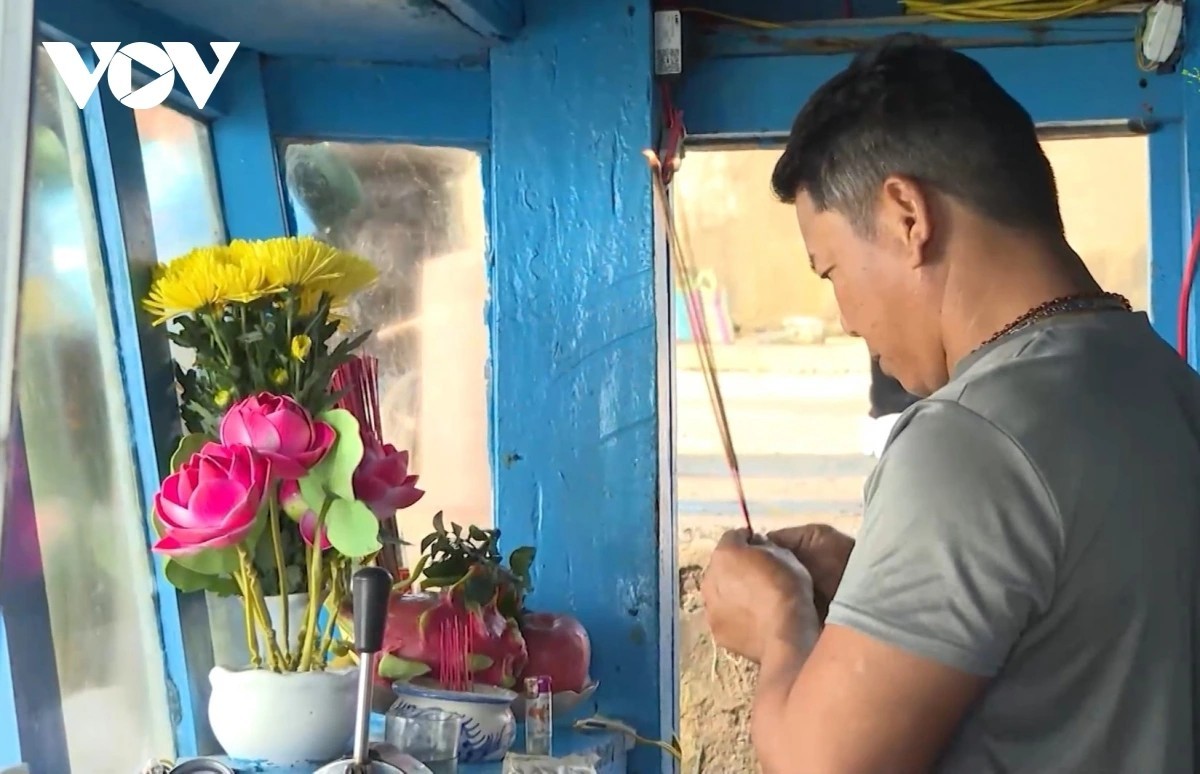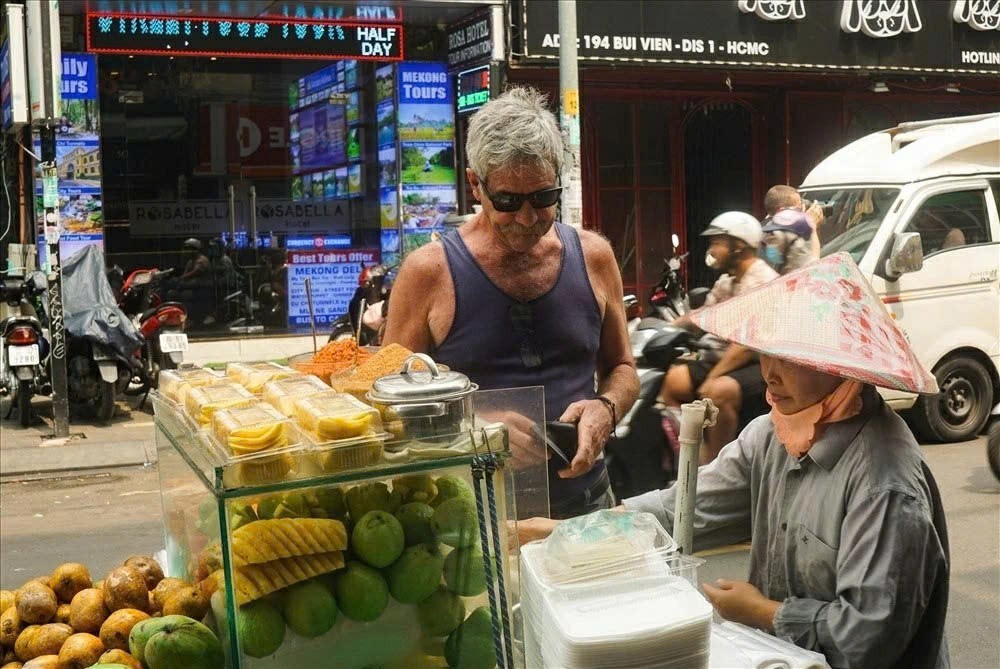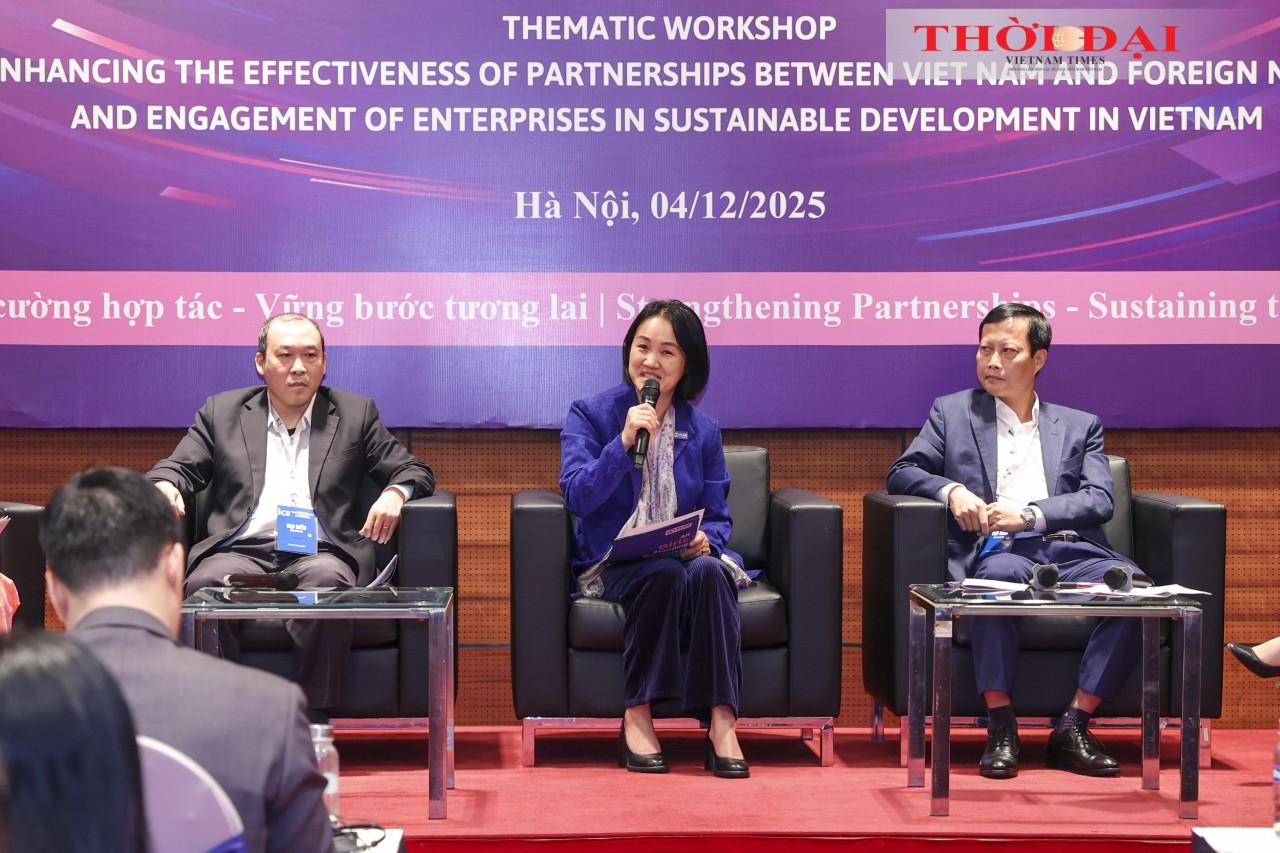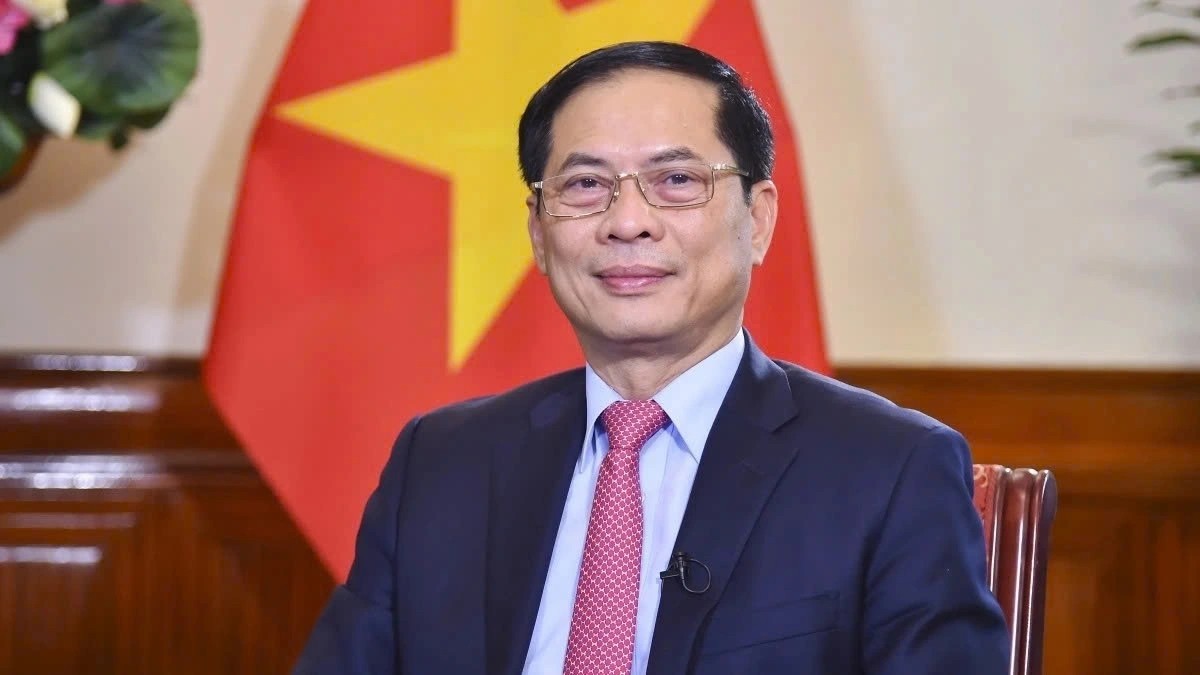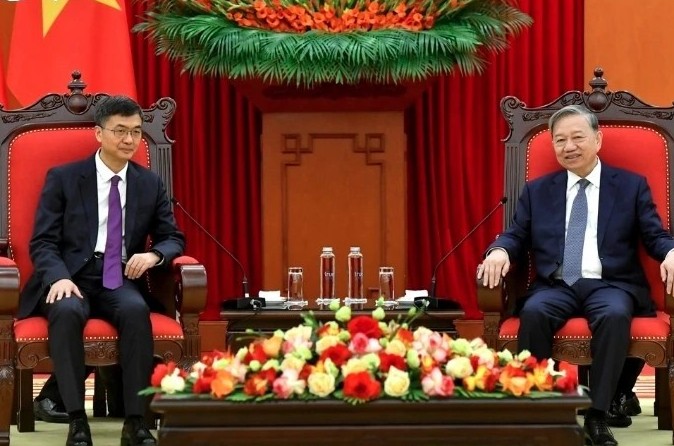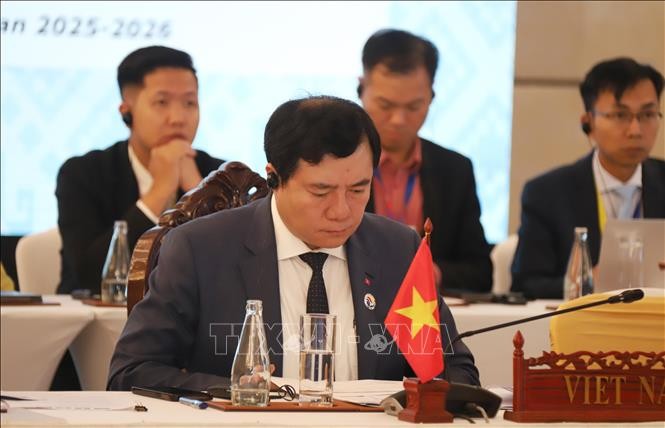Vietnam Business & Weather Briefing (July 17): Global Gold Price Drops Continuously
| Business Briefing Gold rate: VND 67.35 million per tael (buying) - VND 67.95 million per tael (selling) Finance news: Local interest rates remain unchanged amid inflation Real estate news: Market gloomy, brokers leaving Weather Forecast The heat in the central region is likely to last until July 20. |
Business Briefing
Gold rate
The global gold price has dropped continuously in recent weeks, showing a gloomy future is not bright for the metal. At the end of yesterday's trading session, the local price is listed as follows:
SJC Ho Chi Minh City: VND 67.35 million per tael (buying) - VND 67.95 million per tael (selling)
SJC Hanoi: VND 67.35 million per tael (buying) - VND 67.97 million per tael (selling)
Doji Hanoi: VND 67.3 million per tael (buying) - VND 67.9 million per tael (selling)
Doji Ho Chi Minh City: VND 67.4 million per tael (buying) - VND 67.8 million per tael (selling)
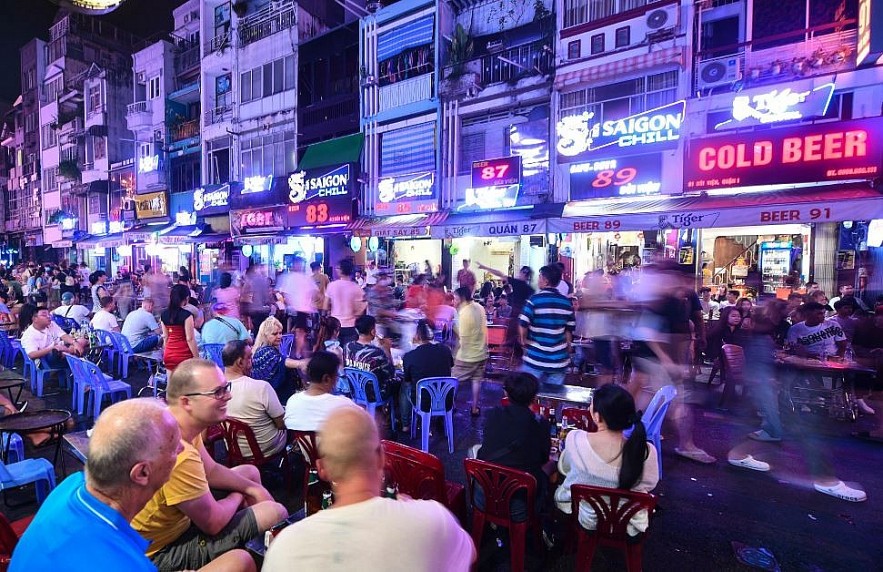 |
| Photo: Zing |
Finance news: Local interest rates remain unchanged amid inflation
SBV will continue to keep interest rates unchanged in order to sustain macroeconomic stability and control inflation, in contrast with the ongoing trend adopted by central banks of many countries worldwide, according to economic experts. Dr. Vo Tri Thanh, director of the Institute of Branding and Competition Strategy, agrees that monetary policy plays a vital role in stabilizing the macroeconomy, although this tool does not perfectly solve the problem of inflation in the current context.
The Vietnamese economy has special features which are quite different from the world economy as seen over the past three years, according to the expert.
Furthermore, the monetary policy remains very sensitive, especially when the economic recovery program being implemented requires the central bank to weigh up the pros and cons of every adjustment. In addition, it is necessary to hike interest rates now as the balance of international payments is relatively stable, and the current level of depreciation of the VND is not too great.
Dr. Can Van Luc, a leading economic expert, says that the current level of Vietnamese inflation does not stem from monetary problems as the money supply is at a moderate level, meaning that it is not necessary to raise interest rates at present. “If the State Bank currently raises the rates, the decision is unlikely to have a good effect on the economy. Along with that, the economic recovery program which is being deployed requires the interest rates to be kept stable, and if we raise the rates, it will go against this program,” emphasized Dr. Luc.
Sharing this view, Dr. Le Xuan Nghia, a member of the National Monetary and Financial Policy Advisory Council, states that local inflation is cost-push inflation which renders the interest rate policy ineffective. “Therefore, it is not necessary to increase interest rates in Vietnam, but if the rates are adjusted, the stock market will be in danger,” outlines Dr. Nghia.
According to Pham Thanh Ha, deputy governor of the State Bank, the global financial market is anticipated to further fluctuate, with the trend of increasing interest rates around the world set to continue moving forward. Amid these challenges, the central bank will continue to maintain low-interest rates, thereby making it easier for credit institutions to access low-cost capital and offer low-interest rates to businesses.
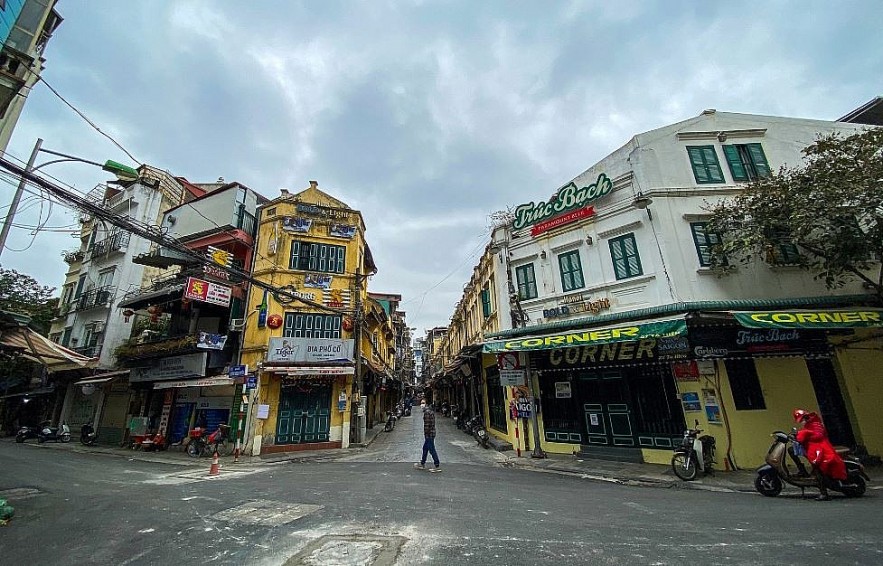 |
| Photo: Zing |
Real estate news: Market gloomy, brokers leaving
Tran Van Tung, a real estate broker, has not closed any sale over the last three months, but still has to pay for travel, phone calls, and ads. As a real estate broker and distributor of a project in Bac Ninh province, Tung has to go back and forth between Hanoi and Bac Ninh during the day. He complains that business is bad. The semi-detached villas which his company distributes cannot find buyers.
“The market has cooled, and there are few buyers,” he said. “I am thinking about giving up the job as I am running out of money. I will try to work one more month to see if there is any improvement." The major income of Tung, like other real estate brokers, comes from commissions from sales, while the fixed monthly salary the company pays is very modest, just VND3 million.
Asked about why the real estate market is quiet, Tung said real estate prices have been pushed up too high. The villas of the project that Tung’s company is distributing, for example, have prices of VND10 billion each. Most buyers are investors who buy villas for investment and business purposes. When the prices become too high and lending is tightened, they stop buying and sales become weak. “More housing products have been launched into the market recently. However, sales are slow because of high prices,” he said.
Do Thanh Hai from a real estate trading floor in Hung Yen noted that investors have become very cautious. Many investors sell real estate products, accept modest profits, and leave the market. The banks’ tightening of real estate credit has also dealt a strong blow to the real estate market. According to Hai, in general, buyers have to borrow 20-30 percent of the value of real estate products. After hearing that banks had tightened lending to the real estate sector, clients became very cautious about spending money.
Nguyen Quoc Anh, the deputy CEO of a real estate analysis firm, noted that while land and house prices have increased, sales have not increased proportionally. Sales depend on many factors and when the prices are too high, the purchasing power becomes lower. In Hung Yen, low-rise houses are being sold at VND 120-194 million per sq m. In Quang Ninh, the price is VND125-175 million per sq m and in Hai Phong, the figure is VND 41-57 million.
According to real estate experts, after a period of strong price increases, the real estate market is entering a correction phase. Matthew Powell from Savills Hanoi said that price increases and high inflation rates, and credit tightening, may cause the real estate market to slow down in the short term.
 |
| Photo: ZIng |
Weather Forecast
July 18-20: The Northern region and the area from Thanh Hoa to Phu Yen will enjoy a general temperature of 35-37 degrees Celsius. The heat in the Northern region remains until July 19, then tends to decrease gradually. The heat in the central region is likely to last until July 20.
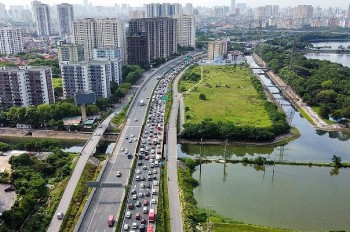 | Vietnam Business & Weather Briefing (July 13): Rain Continues Nationwide Vietnam Business & Weather Briefing (July 13): Reference exchange rate up VND 15, CPTPP prompts Vietnam’s aquatic exports to Japan. |
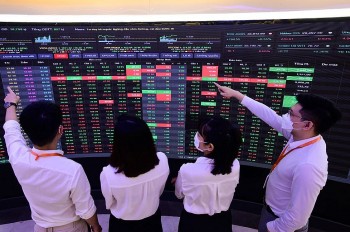 | Vietnam Business & Weather Briefing (July 15): HCMC’s Office Space Market Rebounds Strongly Vietnam Business & Weather Briefing (July 15): Vietjet was named among the top 10 best low-cost airlines, reference exchange rate up VND 24 on July ... |
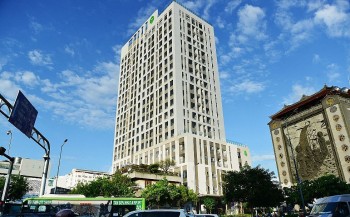 | Vietnam Business & Weather Briefing (July 16): Temperature tends to increase Vietnam Business & Weather Briefing (July 16): Vietnam stock market's outlook still bright in the second half of 2022, Swiss investors interested in Vietnam’s green, ... |
Most read
Recommended
 Economy
Economy
The billions given to charity by ordinary Indians every year
 Economy
Economy




